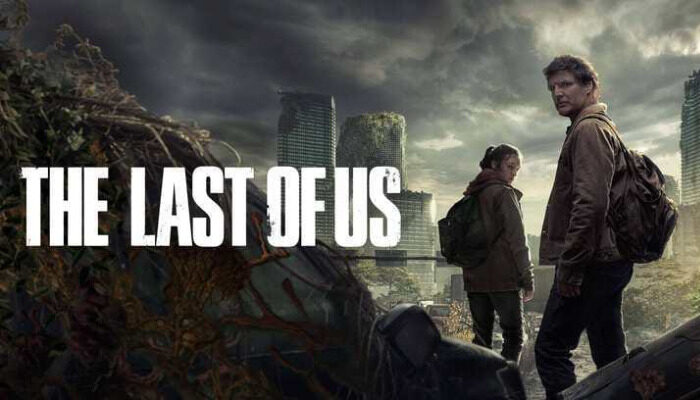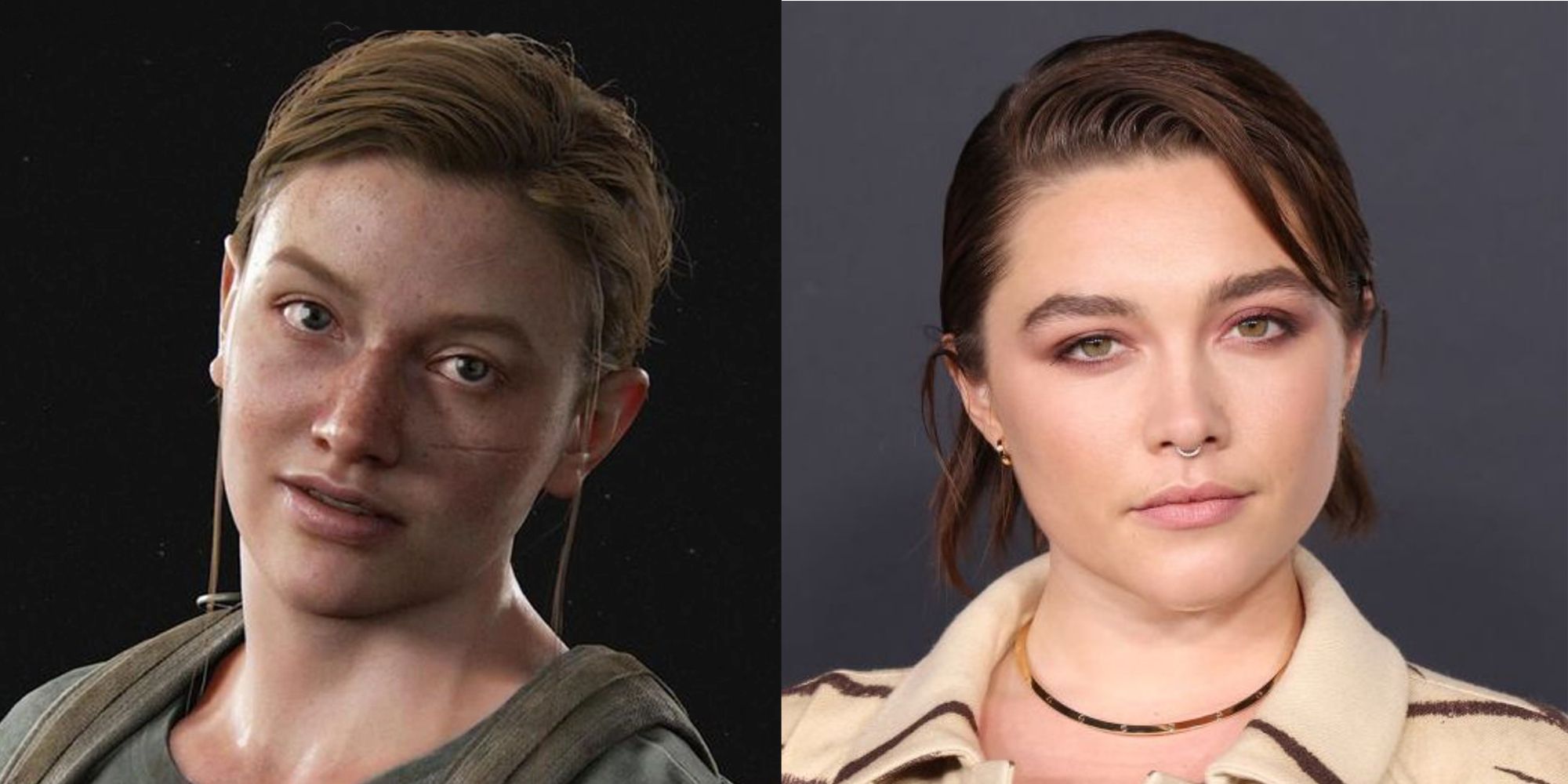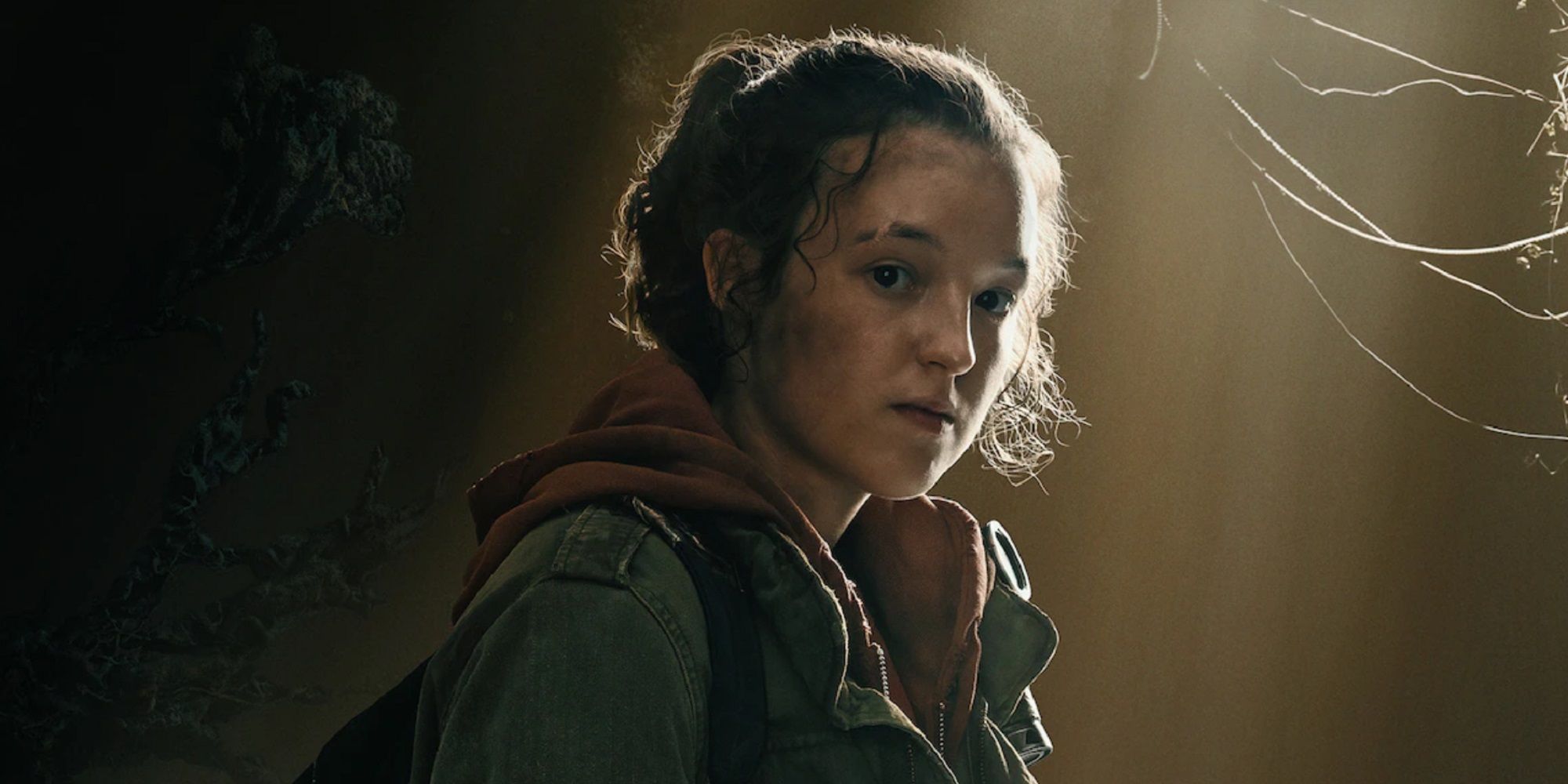Season 2 of The Last of Us has concluded, and it appears we will have to wait until early 2026 for filming to resume on Season 3, according to actress Isabela Merced, who plays Dina. This delay can be frustrating, particularly since the season ended with a cliffhanger that was well-placed and logically consistent with the video game storyline. However, viewers may find this an opportune moment to revisit previous episodes. Craig Mazin and Neil Druckmann have stated they thoroughly considered all options before deciding to end Season 2 on a cliffhanger. Let’s come together to rewatch Episodes 6 and 7 and evaluate this successful yet controversial season. Prepare the tissues and blue flowers, as Joel returns, and Bill Miller’s performance is worthy of celebration.
Before delving into the emotional complexity of episodes 6 and 7, it is important to consider the initial viewership figures. Episode 7 of Season 2 – Convergence – attracted 3.7 million viewers in its first 24 hours. This is a substantial number but represents a significant decrease of 55% from the season finale of the first season, which had 8.2 million viewers. According to The Wrap, this decline does not reflect negatively on the episode’s quality but rather an unfortunate scheduling conflict: broadcasting during Memorial Day in the United States, a holiday dedicated to honoring fallen soldiers, is not ideal for binge-watching. HBO Max acknowledges this and anticipates a gradual recovery over the following days. This expectation seems reasonable. Despite this temporary dip, the series continues to attract a large audience: with 90 million cumulative viewers and an average of 37 million per episode, it clearly remains a popular success, which explains the prompt confirmation of Season 3. Critics focused on Bella Ramsey’s performance, whose online presence disproportionately outweighs their actual influence, represent a vocal but numerically insignificant minority. In reality, The Last of Us has transcended its video game roots to become a transgenerational phenomenon. While Season 2 does have its flaws and questionable decisions, when considering audience reception, the consensus is clear: it is a success.
EPISODE 6: BEST EPISODE OF SEASON 2?
Backtracking. Episode 6 of the season, which is widely regarded as the emotional cornerstone, features the return of Joel, portrayed by Pedro Pascal in a hauntingly broken yet powerful performance. This episode does not serve merely as a ratings-driven plot twist but adheres meticulously to the narrative structure established in the game. It presents a flashback that respectfully addresses the absence left by Joel’s death in Episode 2 without attempting to manipulate the audience’s expectations. Despite its limited runtime, this installment leaves an indelible mark on viewers. Co-written by Halley Gross and directed by Neil Druckmann himself, this episode is often cited as the artistic pinnacle of the season. It delivers a concentrated dose of raw emotion, psychological depth, and narrative brilliance rarely seen in television. The introduction of Eugene, portrayed with subtlety by Joe Pantoliano, further enriches the world beyond what was established in the game, providing additional context to Joel’s character. More than just a flashback, it becomes a poignant moment that serves as both a tribute and a lament for a father lost and a daughter left scarred.
The narrative focuses on three significant birthdays in Ellie’s life—15, 16, and 17 years old—which trace the progression of a strained relationship. We observe how paternal love transforms from affection to suspicion and distance. Joel attempts to reconnect with her awkwardly, struggling to navigate the upheaval of an adolescence marred by apocalyptic chaos. Drugs, sexuality, and homosexuality are taboo subjects for him but essential acts of rebellion for her. Their emotional connection mirrors many common family tragedies. Pedro Pascal delivers a vulnerable portrayal of Joel, a man grappling with a paternal role he never fully embraced with his own daughter, Sarah. There is also the butterfly. This tattoo, this symbol, serves as a living metaphor for Ellie. The hope it initially represents evolves into pain, confusion, and misunderstanding. It acts as an emotional throughline, subtle yet persistently present, in this internal drama.
EUGENE, THE MOMENT OF TRUTH
The climax of this episode is the introduction of Eugene’s character, who was not present in the original game but was referenced through his weed hideout. This is where Ellie and Dina have their first sexual encounter in the game. Bringing Eugene to life adds an extra dimension, highlighting how human violence and unspoken issues can damage relationships. It primarily sheds light on Joel’s personality, particularly his habit of lying to Ellie to protect her from harsh truths. While it is natural for parents to lie to shield their children from reality, when these lies are discovered, they often poison the relationship, causing feelings of betrayal and justifying anger and rejection in the child. This contributes to a consistent development of both characters, executed with great skill.
EPISODE 7: SOLID YET IMBALANCED
Regarding episode 7, titled ‘Convergence’, it fulfills a large part of these promises… but not all. While it remains overall powerful and moving, it sometimes falters due to excessive caution and minor execution flaws. I find that one of the weakest parts of this episode is when Ellie ends up on the Isle of the Seraphites, nearly gutted. This scene, iconic in the video game, has undergone a significant change in the series, as it’s not Abby who is transported to the altar of sacrifice but Ellie. We’re dealing with a character swap, which seems nonsensical since it’s about rescuing Lev and Yara in utter darkness. Remember the hammer blow on Yara’s arm. I don’t understand this choice, and Neil Druckmann explained that initially, in early writing drafts, it was indeed Ellie who was supposed to confront the Scars in this scene, but they eventually changed it to make a strong scene with Abby. Despite these justifications, this is the biggest mistake of the episode, which also rushes through its sequences too quickly. Some passages are expedited, characters teleport from one place to another, and it all moves far too fast.
Another flaw is the hasty pacing of sequences. The aquarium, Owen, Mel—everything progresses too quickly. Characters seem to teleport from one place to another; the editing lacks narrative breathing room, and the intensity suffers. It’s clear that the series sometimes doesn’t have enough time to establish its stakes or develop secondary characters—making them less impactful when they disappear. However, some sequences leave a lasting impression, such as Mel’s death, notably. In the video game, it’s a brutal, almost blind act. In the series, it’s a moment of agony where Mel, pregnant, pleads to save her child. Is it gratuitous cruelty? Perhaps. But also a stark reflection of Dina’s pregnancy and revealing Ellie’s inability to become the protector, mother, or light she aspired to be. She fails, and this failure defines her. In this whirlwind of violence and resentment, Jesse—portrayed by Young Mazino—offers a welcome respite. A character who lacked depth in the game finds genuine moral complexity here. Tender, rational, and lucid, he embodies what Joel can no longer be and what Ellie refuses to become. Their confrontation over Tommy’s fate reveals their ethical divergence. His death only makes it more painful.
Season 3: END 2026, BEST
The final scene of the play concludes with a well-executed cliffhanger. Abby bursts in, delivers her moralizing speech, and shoots Ellie. The curtain falls. A flashback then sets the stage for Season 3, which is expected to focus on her. As in the video game, the series aims to blur the lines between executioner and victim, deconstruct narratives, and multiply perspectives. However, Episode 7 does not meet expectations as a grand finale; it feels rushed at times, confusing, and overly cautious where boldness was needed. Despite these shortcomings, it lays solid groundwork for a season with high stakes. Season 2 is still considered an outstanding achievement overall, and this final episode promises a promising start to the eagerly awaited Season 3. As always, we will continue to follow The Last of Us for its continuation.
Have any thoughts?
Share your reaction or leave a quick response — we’d love to hear what you think!




